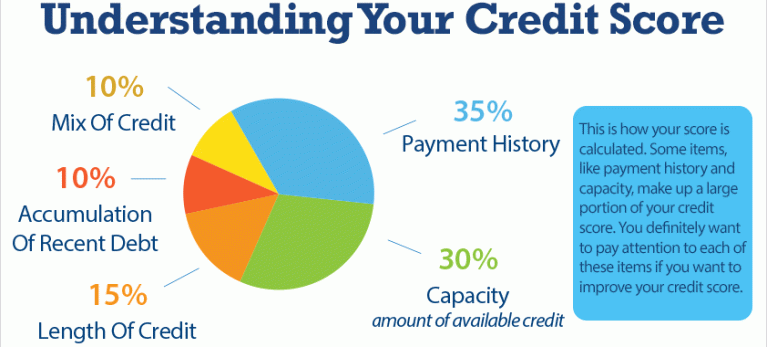The most common type of home loan is a conventional, conforming loan. These mortgage loans are underwritten according to the guidelines set by Fannie Mae and Freddie Mac. Since they follow a uniform set of underwriting guidelines the loans are able to be sold on the secondary market.
The most common reason for this is that a lender may need to sell the loan to an investor in order to free up capital in order to loan more money to other borrowers. Also, conventional loans are not guaranteed by any government agency. FHA, VA, and USDA home loans are not considered conventional mortgages.
Since the conforming loans are able to be sold on the secondary market, typically these loans will offer the best interest rates and lowest costs for financing a home.
Several of the advantages of Conventional Loans include:
 A large variety of loan terms
A large variety of loan terms
- 10-year – 30-year options
- Low-interest rate options
- Low down payment options
- As little as 3% down payment
- Less than 20% down payments require Private Mortgage Insurance (PMI)
- A variety of ways to pay for PMI with less than 20% down
- Monthly
- One-time upfront premium
- Lender Paid option
- Split premium
- Adjustable rate mortgages are available.
- Rates are often fixed for 3-10 years
Since conventional home loans are not guaranteed or insured by the government, some guidelines, such as the debt-to-income ratios and asset requirements, can be more strict than FHA and VA loans.
Your licensed mortgage professional should be able to easily direct you to the best program for your individual home loan needs.






